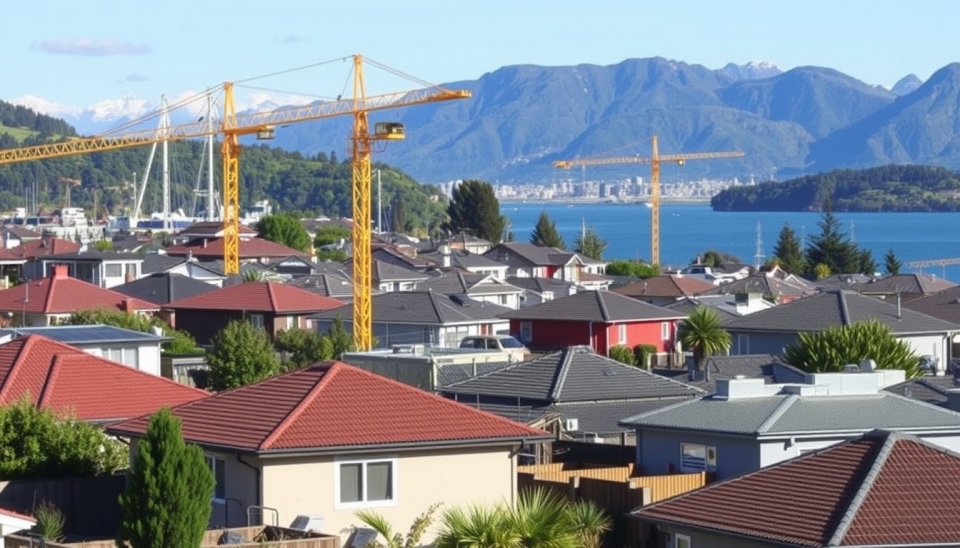Decline in Housing Construction in New Zealand Signals Recession Risk

Recent data released regarding New Zealand's real estate market indicates a sharp decline in the construction of new homes, raising serious concerns about a potential recession in the country. Statistics reveal that 16% fewer new builds were initiated in the last quarter compared to the previous year, largely attributed to rising interest rates and increased material costs.
Economists warn that such a downturn in the construction sector could negatively impact the entire New Zealand economy. The construction industry has traditionally been a significant driver of economic growth, and its slowdown might lead to job losses and reduced consumer spending. Furthermore, it is expected that these changes would diminish confidence among investors and consumers.
In response to the situation, the New Zealand government and central bank are attempting to implement supportive measures. However, many experts believe these actions may not suffice to overcome the current economic challenges. Difficulties in the housing market could also be exacerbated by high rental prices, making housing unaffordable for many New Zealanders.
In light of these problems, the government is raising the question of the need to increase housing construction volumes to meet growing demand. However, this will require significant investments and time to realize new projects. Gradual population growth and migration will also exert pressure on the market, further complicating the situation for local authorities.
Thus, the current situation in New Zealand's housing market serves as a signal of possible recession, and if effective measures are not taken, the consequences could be far-reaching.
#NewZealand #construction #economy #recession #housingmarket




